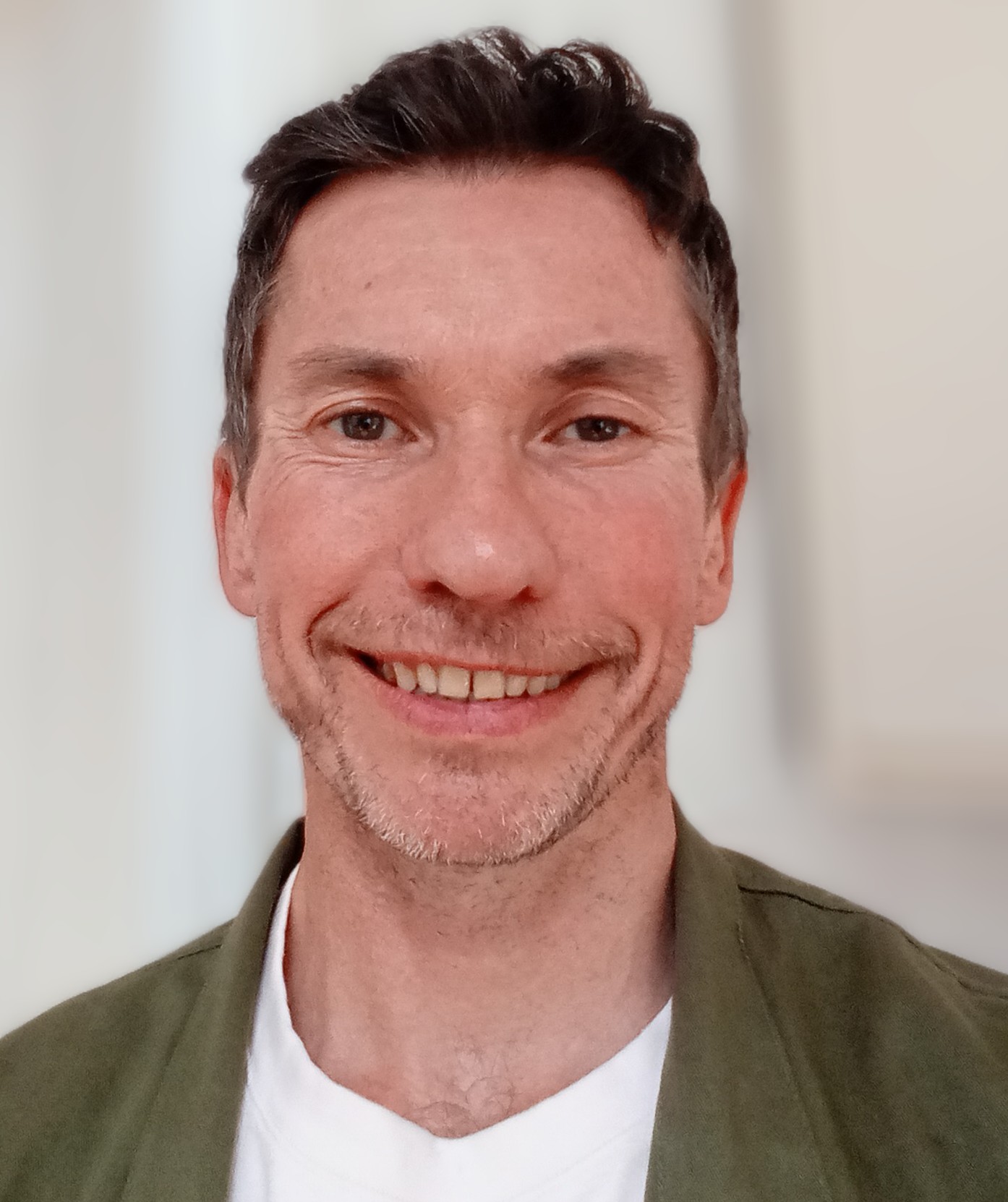My Approach
My work integrates contemplative psychotherapy and relational mindfulness with Western psychodynamic and existential counselling. I draw on Buddhist psychological principles, particularly awareness, compassion, and impermanence, alongside trauma-informed approaches that support nervous system regulation and emotional stability.
At the heart of this work is the therapeutic relationship. Within a grounded, collaborative partnership, we develop the capacity to remain present with experience rather than becoming overwhelmed or disconnected from it.
How I Work
A central element of my approach is the cultivation of reflective awareness, sometimes described as witness consciousness or dual awareness. This is where you are able to be in your experience while also observing it.
When we are sufficiently resourced, emotional difficulty can be processed without losing stability. This allows a movement from reactivity toward responsiveness and choice.
Drawing on trauma-informed frameworks, including body-based awareness (SIBAM: Sensation, Imagery, Behaviour, Affect, and Meaning), we work at a pace that supports integration rather than overwhelm. Particular attention is given to present-time orientation, differentiation of past from present, and strengthening inner agency.
Areas I Commonly Work With
- Anxiety, fear, and chronic overthinking
- Sadness, grief, and depression
- Anger and emotional intensity
- Life transitions and identity shifts
- Relational patterns and attachment dynamics
- Trauma and its longer-term integration
- Questions of meaning, purpose, and individuation
Sustained Depth Work
I offer weekly, ongoing psychotherapy for adults who are ready to engage in sustained depth work. This approach tends to suit those who are able to commit to regular weekly sessions and who are interested in exploring patterns at their roots, rather than focusing only on short-term symptom relief.
Core Process Psychotherapy and Counselling - CardiffGwynfor Williams

